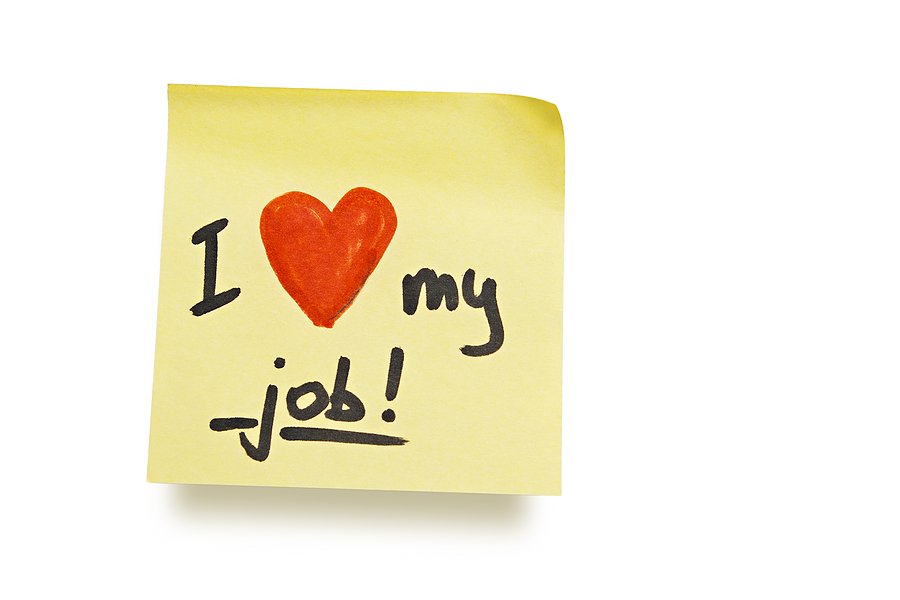
A website fan sent me an interesting email. During a routine visit, he asked his family doctor what she would do if she suddenly had millions of dollars. Would she still work? Would she stop working? The doctor said she would certainly keep working, but would certainly adjust her hours differently to make room for the things she loved to do.
The doctor then asked my reader the same question, and he admits to being at a loss for an immediate answer. Though he likes his current management position, he couldn’t honestly state that he would continue working. He envisioned a vague lifestyle that included writing, speaking engagements, exercising, self-focus, creative endeavors like art and photography centered on the technology he loves.
What a good question! “Am I doing what I want to be doing?” As novelist/lyricist Paulo Coelho says, am I “living my personal legend”? If money were not an issue, would I continue in this career? The hard part begins when you realize that you might not. So, even without the millions, should you continue the current path due to fear, complacency, how others will view you – or whatever?
We’ve all heard the saying: “Do what you love, and the money will follow.” A lot of people focus on finding a job, but not on choosing a career. They get a decent job, but they never identify whether or not the job actually fits their vision of what they see themselves doing. Of course, financial concerns are always relevant, but through all this the key is to find what you’re passionate about, and to make that as much a part of your daily life as you can.
Survival is the first and most basic of motives, but survival can also be a means to an end. For example, if you have a job that’s just OK, but is the best you can find for now, it’s important to look at it as a way of subsidizing what you love. Defining THAT is the hard part. While money cannot buy happiness, it does buy choices. People tend to make one of two mistakes with respect to jobs and income. One is to assume, “I must have the highest paying job possible. The higher the salary, the better.” That’s OK, but you cannot treat money as an end in itself, at least not in that way. The better question is, “How much money do I need, to accomplish what I want to accomplish?” If you don’t have any particular goals or ambitions outside of what you’re seeking to purchase (travel, nice home, nice car, etc.), that may be fine. But if you’d really like to be doing some other kind of work, it could be wise to challenge the assumption that you really need all of the possessions this particular job provides. Different work might pay less, but could subsidize what you really want to do.
The second mistake is to assume that you cannot change. “I can’t make less money. I cannot go backwards!” But if you assume this blindly, then you become a slave to what you currently spend money on. Material fulfillment and pleasure are perfectly fine, but you become a slave to these things the moment you assume you MUST always possess them, even at the expense of pursuing work that truly fulfills you.
People can get obsessed with finding “the right job.” But jobs are just the means to an end. The end is always your career, i.e., your definition of what you consider productive and rewarding. Sometimes the job is the career, and sometimes the job is a means for subsidizing the career. Either way, we’re all responsible for figuring out what our basic life’s purpose is – at least in that stage of our lives. Neither job nor money can take the place of this determination. It’s a fascinating question that should trigger some healthy self- talk (I call it introspection) that can help clarify your goals and keep your life on a path to happiness and joy.
Follow Dr. Hurd on Facebook. Search under “Michael Hurd” (Rehoboth Beach DE). Get up-to-the-minute postings, recommended articles and links, and engage in back-and-forth discussion with Dr. Hurd on topics of interest. Also follow Dr. Hurd on Twitter at @MichaelJHurd1
